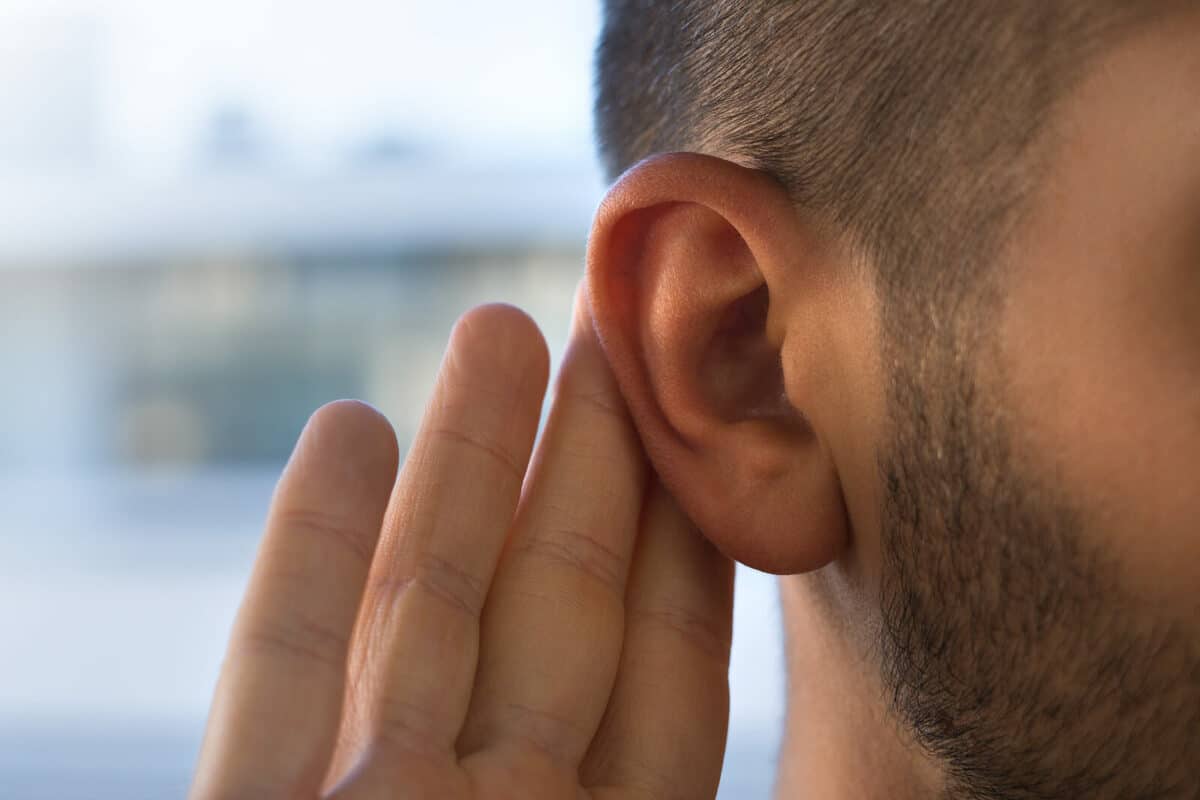Have you ever considered the link between high blood pressure and hearing loss? While these two conditions may not seem to be connected, research shows that they are more closely related than we initially thought. Here we will explore the link between high blood pressure and hearing loss, how they can affect each other, and what you can do to prevent or manage these conditions.
Understanding High Blood Pressure
High blood pressure, also known as hypertension, is a common condition that affects many people worldwide. It occurs when the force of blood flowing through your arteries is consistently too high, which can damage the blood vessels and organs in your body over time. Hypertension is often called the “silent killer” because it can cause serious health problems such as heart attack, stroke, kidney disease, and vision loss, without showing any noticeable symptoms.
Understanding Hearing Loss
Millions of individuals worldwide are affected by hearing loss, with prevalence increasing as they age. The condition results from damage to the inner ear or auditory nerve, which can make it difficult to hear or understand speech and other sounds. Different types of hearing loss exist, including conductive, sensorineural, and mixed hearing loss.
Hearing loss can be caused by multiple factors, such as genetics, aging, noise exposure, infections, and specific medications. Consequently, it’s important to take preventative measures, such as limiting exposure to loud noises and seeking medical attention for infections or ear trauma, to reduce the risk of developing hearing loss. Early identification and intervention can help manage the condition and improve quality of life.
Research Linking High Blood Pressure and Hearing Loss
A recent study has uncovered a possible link between hypertension and hearing loss. The study conducted at a tertiary hospital in Nigeria assessed the hearing thresholds of 500 individuals, equally divided into subject and control arms. The results showed that 30% of hypertensive patients suffered from mild sensorineural hearing loss, while only 0.4% of controls were affected.
The researchers noted that hypertension can disrupt the inner ear vascular system, leading to inner ear hemorrhage and subsequent hearing loss. They also suggested that those with high BMI and a larger waist/hip circumference – risk factors of hypertension, could also contribute to hearing loss.
Furthermore, the severity of hearing loss was found to worsen with increased age, severity, and duration of hypertension. However, there was no significant association between the hearing loss and body mass index. The findings underscore the importance of regular audiological assessments for hypertensive patients to help identify and manage hearing loss early.
Impact of High Blood Pressure on Hearing Health
High blood pressure can affect your hearing health in several ways. It can cause damage to the blood vessels that supply blood to the inner ear, leading to reduced oxygen and nutrients, which can damage the hair cells responsible for transmitting sound to the brain. Additionally, high blood pressure can damage the auditory nerve, which can result in a reduced ability to understand speech and other sounds. High blood pressure can also cause tinnitus, a ringing or buzzing in the ears, which can be a frustrating and distracting condition.
Prevention and Treatment of High Blood Pressure and Hearing Loss
The good news is that both high blood pressure and hearing loss are preventable and manageable conditions. To prevent high blood pressure, you should maintain a healthy lifestyle, including a balanced diet, regular exercise, avoiding smoking, and managing stress. If you already have high blood pressure, your healthcare provider may prescribe medication to help lower your blood pressure levels.
To prevent or manage hearing loss, you should protect your ears from loud noises by wearing earplugs or earmuffs when in noisy environments. You should also have your hearing checked regularly by a hearing professional, especially if you are over 50 years old, to detect any hearing loss early. If you have hearing loss, your hearing professional may recommend hearing aids, which can improve your ability to hear and understand speech and other sounds. Hearing aids can also reduce the impact of tinnitus by providing sound stimulation to the brain.
At our hearing practice, our hearing professionals can provide a range of services to help you manage your hearing health. We offer comprehensive hearing evaluations, hearing aid fittings, tinnitus management, and counseling to help you manage any hearing-related issues.
If you’re experiencing any hearing-related problems, we encourage you to visit our hearing practice to receive the necessary care and support you need. Our hearing professionals are highly trained and experienced in diagnosing and treating various hearing-related conditions and will work with you to find the best solution to meet your individual needs.

